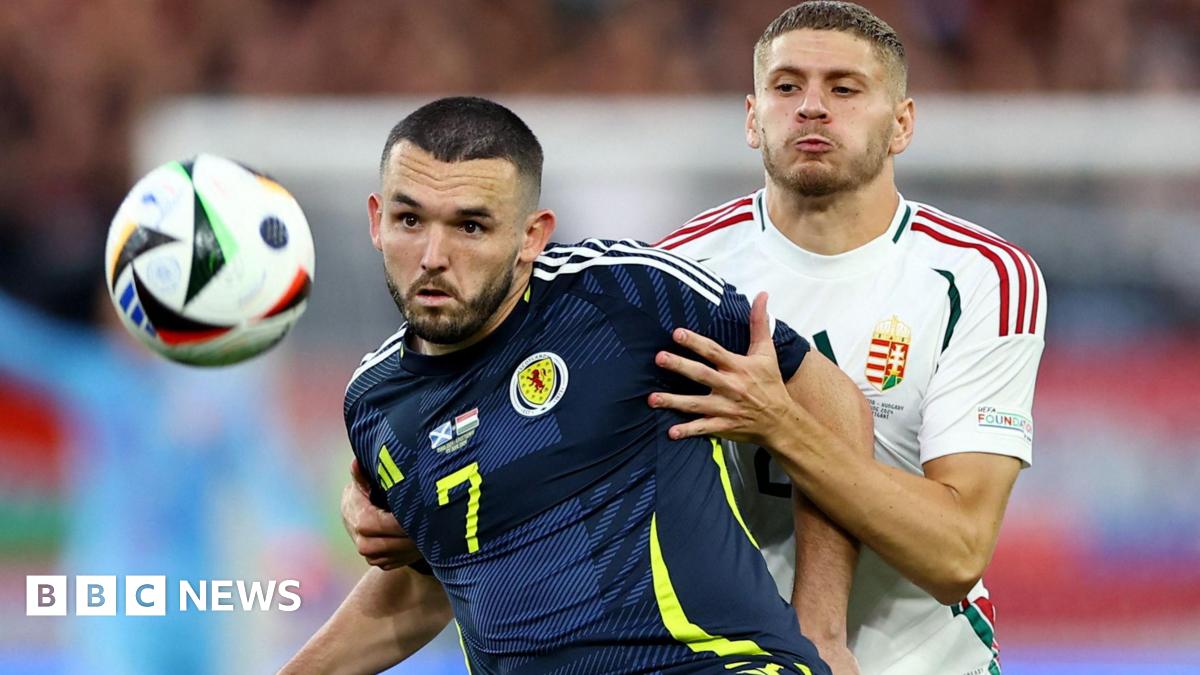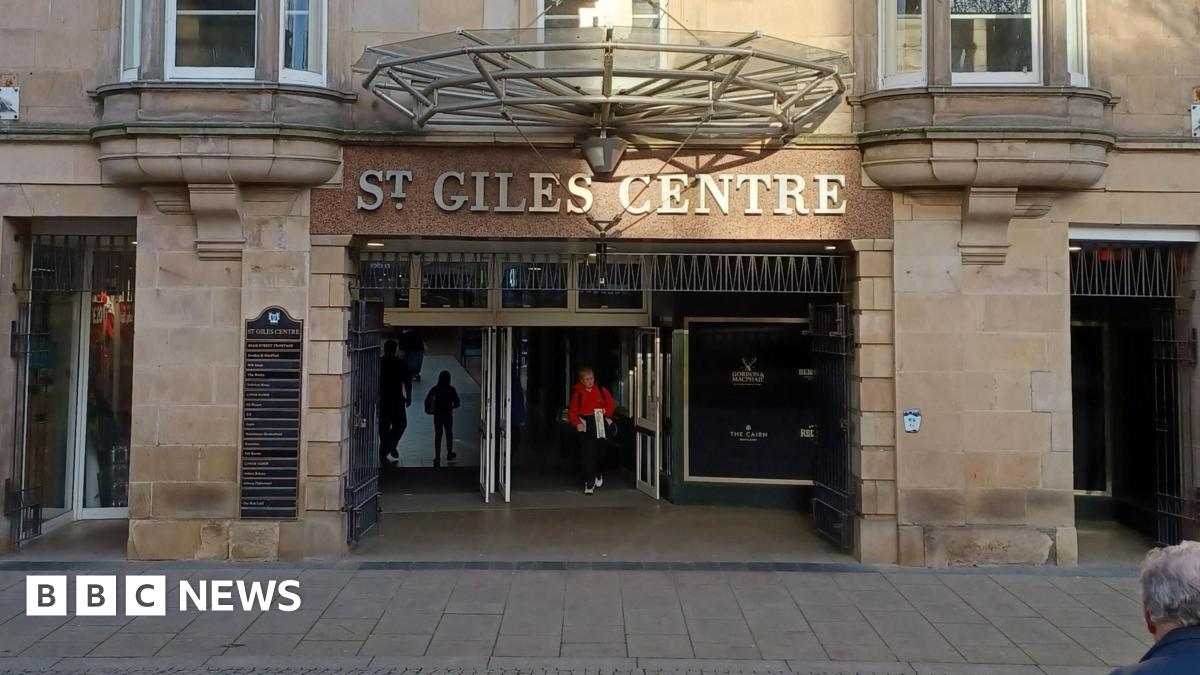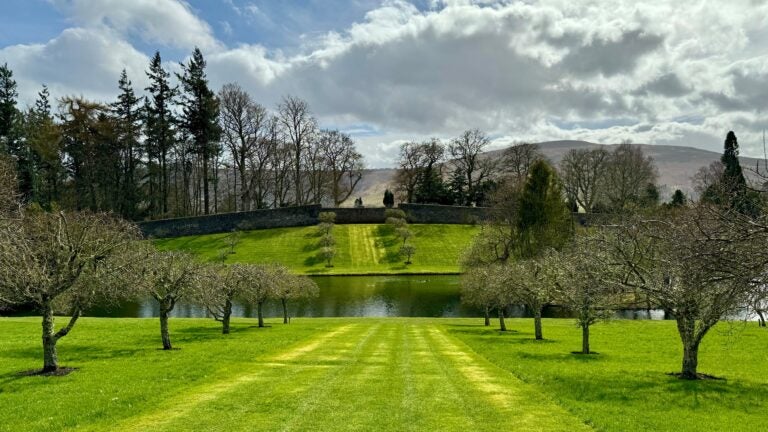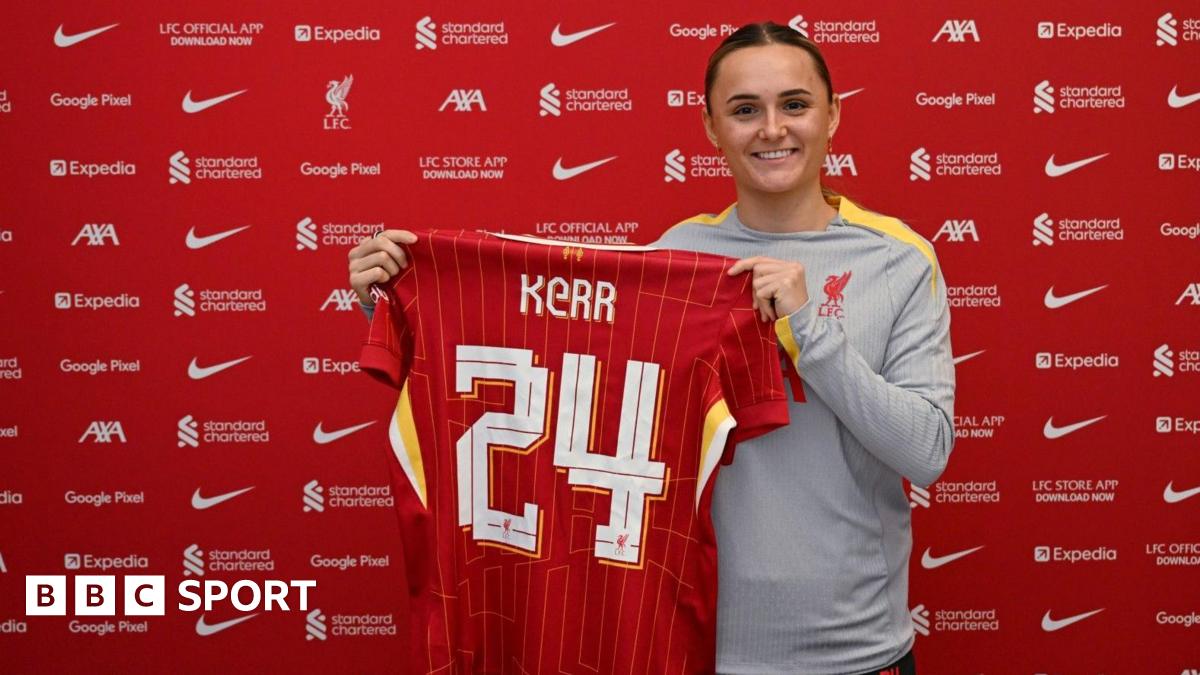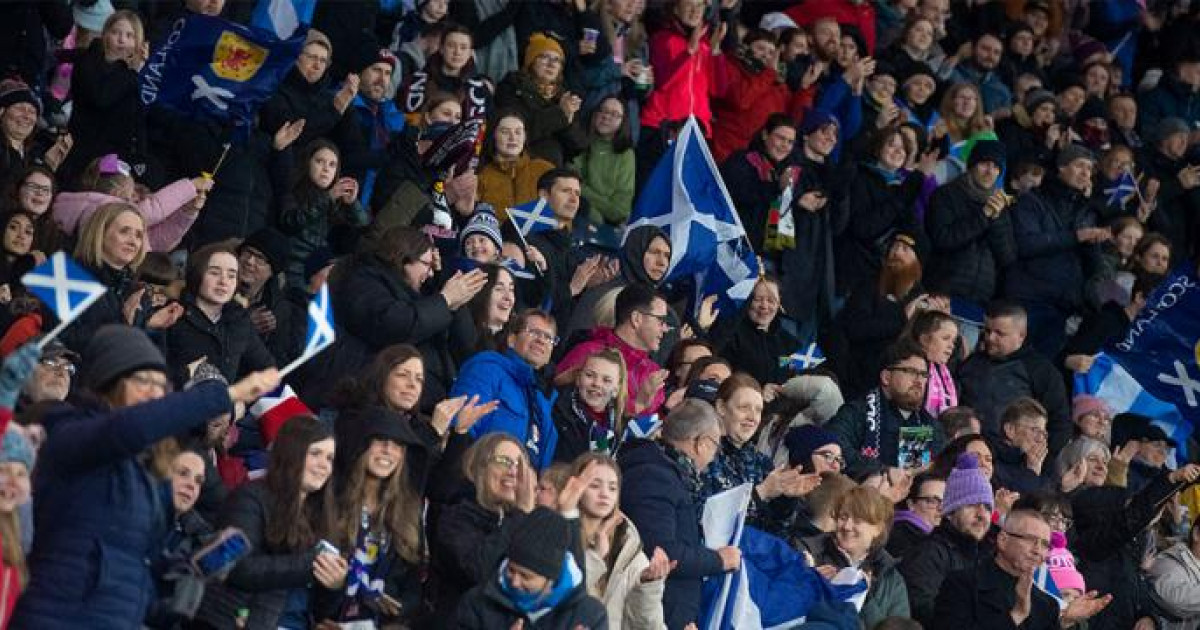World
Why has Justin Trudeau resigned? The end of a liberal wonderkid

Mr Trudeau said: “I don’t easily back down faced with a fight, especially a very important one for our party and the country.
“But I do this job because the interests of Canadians and the wellbeing of democracy is something that I hold dear.”
Trudeau, son of another former Prime Minister, was once seen as something of a wonderkid, taking the Liberal Party from third place ahead of the 2015 general election to first place, gaining 148 seats and increasing his party’s vote share by over 20% to command a majority.
Read More:
The then 44-year-old was one of a number of younger, liberal world leaders to come to power on the back of Barack Obama’s US election victories in 2008 and 2012 along with the likes of Emmanuel Macron in France and Leo Varadkar in the Republic of Ireland.
Both he and Macron appointed cabinets with gender parity, or close to it, with Trudeau also promising to repair relations with Canada’s indigenous peoples, increase the number of refugees welcomed to the country and ban conversion therapy.
Inevitably such policies made him a bête noire for the right.
Bill C-16, introduced in 2017, made amendments to Canada’s human rights act to add gender expression and gender identity as protected grounds.
Psychology professor Jordan Peterson became a darling of the online right for his opposition to the bill, which he erroneously claimed could lead to people being imprisoned for not using the correct pronouns to address someone.
The act does not mention pronouns, and prosecution for a hate crime would only occur if there was “evidence that an offence is motivated by bias, prejudice or hate”, with the amendment simply expanding protections which already applied to age, race, sex, religion and disability, among other things.
Soon, however, it wasn’t just the reactionary right who had issues with Mr Trudeau.
The Prime Minister was reprimanded in 2017 for breaking conflict of interest rules when he accepted a paid-for holiday on an island owned by the Aga Khan, the spiritual leader of Sunni Muslims, as well as helicopter flights and a private jet trip.

Despite his pledges to restore relations with the indigenous community he skipped the country’s first national day of truth and reconciliation to take a family holiday, and in 2020 it emerged that a charity, WE, which was awarded a substantial contract by the Canadian government had paid Mr Trudeau’s wife, mother and brother to appear at its events.
Though he won re-election in 2021 the Prime Minister was increasingly unpopular, and would once again become the focus of the rage of some of the more conspiratorial elements of the right-wing in 2022.
In response to vaccine mandates for cross-border truck drivers, a convoy formed to rally on Parliament Hill in Ottawa, with the movement expanding to cover all Covid restrictions.
While most were peaceful, some members of the convoy were pictured waving Nazi flags and one of its leaders, James Bauder, had expressed his belief in the far-right conspiracy theory Qanon.
Mr Trudeau invoked the Emergencies Act, which gave the government the power to freeze the bank accounts of anyone involved in the protest without a court order.
Though most accounts were unfrozen within a few days, the move was criticised on human rights and personal liberty grounds.
Calling for a public inquiry, Amnesty International Canada said: “The powers contained in the Act are extraordinary, which is why they can only be resorted to in extremely narrow, prescribed circumstances.
“To invoke the Public Order Emergency, as the government did, it must have believed that the lives, health, or safety of Canadians had been seriously endangered and that neither the provinces nor existing laws, could deal with that danger.
“Without knowing the evidence that the government relied on to support this belief, it is difficult to assess whether the threshold was met.”
While there is sure to plenty of crowing over the defeat of the ‘woke agenda’, however, the reality is more pragmatic.
Canada, like most western countries, is dealing with inflation and high food prices, as well as a domestic housing crisis.
An election must be held on or before October 20 of this year and, like Macron and Varadkar but also Rishi Sunak and incumbents of all stripes across the western world, Mr Trudeau is paying the price for the cost of living crisis.
Conservative leader Pierre Poilievre is consistently polling more than 20 points ahead, with the New Democratic Party to the left of the Liberals also making ground and Mr Trudeau’s personal approval rating is hovering in the low to mid 30s.
In mid-December his deputy, Chrystia Freeland, resigned expressing doubts the Prime Minister was equipped to handle the incoming second Trump administration, which has threatened 25% tariffs on Canadian goods.
On Monday, Mr Trudeau conceded that he could not unite his party to fight the election.
Mr Varadkar announced his own resignation as Ireland’s Taoiseach last year, while Mr Macron appears to be a lame duck President, his party coming third in the 2024 French parliamentary elections behind both a left-wing coalition and the hard-right Rassemblement national.
It appears the era of the young, globalist, liberal leader may be at an end.

